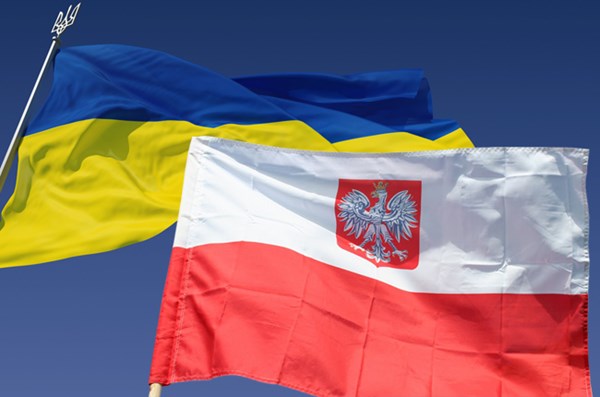In 2019 volume of Russian gas transit through Ukraine grew with Poland's help
In 2019, the transit of Russian gas through Ukraine went up by 3%, even though it was supposed to go down. Kyiv was assisted by Warsaw, which in court managed to have additional restrictions placed on the ground-based continuation of the Nord Stream pipeline in Germany.
According to the operational data of the Ukrainian national oil and gas company UkrTransGaz’s , 89.2 billion cubic meters (bcm) of gas was transported through Ukraine in 2019, 2.7 bcm more than in 2018. The Ukrainian gas transmission system (GTS) was only 4 bcm shy of its all-time record from 2017, when the yearly total was 93 bcm.
In 2019, Ukrainian transit benefited from the Polish state company PGNiG, which through the EU Court of Justice managed to have restrictions imposed on the Opal pipeline, the land-based continuation of the Nord Stream pipeline in Germany. The judges revoked the European Commission’s decision to give Gazprom access to nearly all of the pipeline’s capacity through auction. Its usage is now limited to 50%. The decision came into effect in mid September, and although Gazprom tried to reroute the affected quantities of gas, it was still forced to make use of Ukrainian transit.
Europe’s fears regarding the uncertainty of Ukrainian transit in 2020 have also played a part. A new contract was signed only on December 30. Traders had been actively accumulating gas in European reservoirs, as had Gazprom itself. The Russian gas monopoly planned to store up more than 11 bcm of gas in the EU by January 1, which could have been used to meet its contractual obligations if Ukrainian transit had ceased on January 1.
For the Ukrainian GTS, this resulted in an 11.1 bcm increase in gas transit through the Hungarian and Slovakian routes, to a total of 71.9 bcm in 2019.
Without the increase, Ukrainian transit would have continued to decline. Last year, the Balkans and Turkey significantly reduced their consumption of Russian gas, and 8 bcm less passed through the Trans-Balkan pipeline to the region than in 2018 – 10.1 bcm.
On December 30, all contracts for the transit of Russian gas through Ukraine were signed and came into effect. The first was an inter-operator agreement between Gazprom and the new operator of Ukraine’s GTS. The second was a gas transit contract between Gazprom and Naftogaz of Ukraine, which is acting as an intermediary between the Russian company and the new operator of the Ukrainian GTS. Both parties agreed to maintain transit for five years, with 65 bcm of transit in 2020 and 40 bcm per year for the next four years. The transit of 215 bcm will cost the Russian company $7.2 billion.
Before this, Kyiv and Moscow officially settled their outstanding gas disputes. Naftogaz of Ukraine is withdrawing a $12 billion lawsuit from the Stockholm Arbitration Institute, and Gazprom has paid $2.9 billion in compensation according to an arbitration ruling from February 2018. Kyiv will also revoke a $7 billion fine against Gazprom from the Anti-Monopoly Committee of Ukraine.
